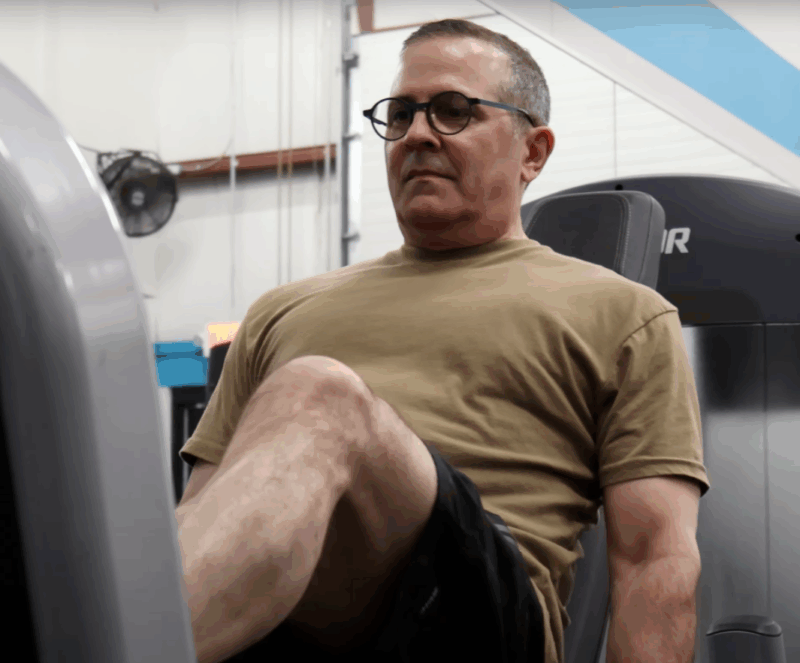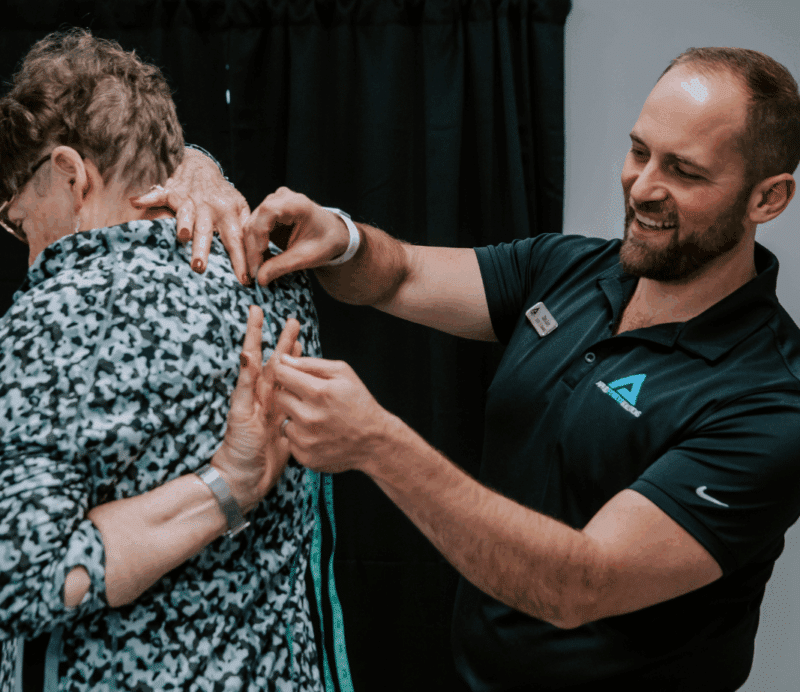
The Disease Your Doctor Isn’t Talking About (And Why It Starts at 30)
Applied Fitness Solutions Sarcopenia: The Disease Your Doctor Isn’t Talking About You’ve been losing muscle since your 30th birthday. Grip strength predicts mortality better than blood pressure. And the fix is simpler than you think. If someone told you there










